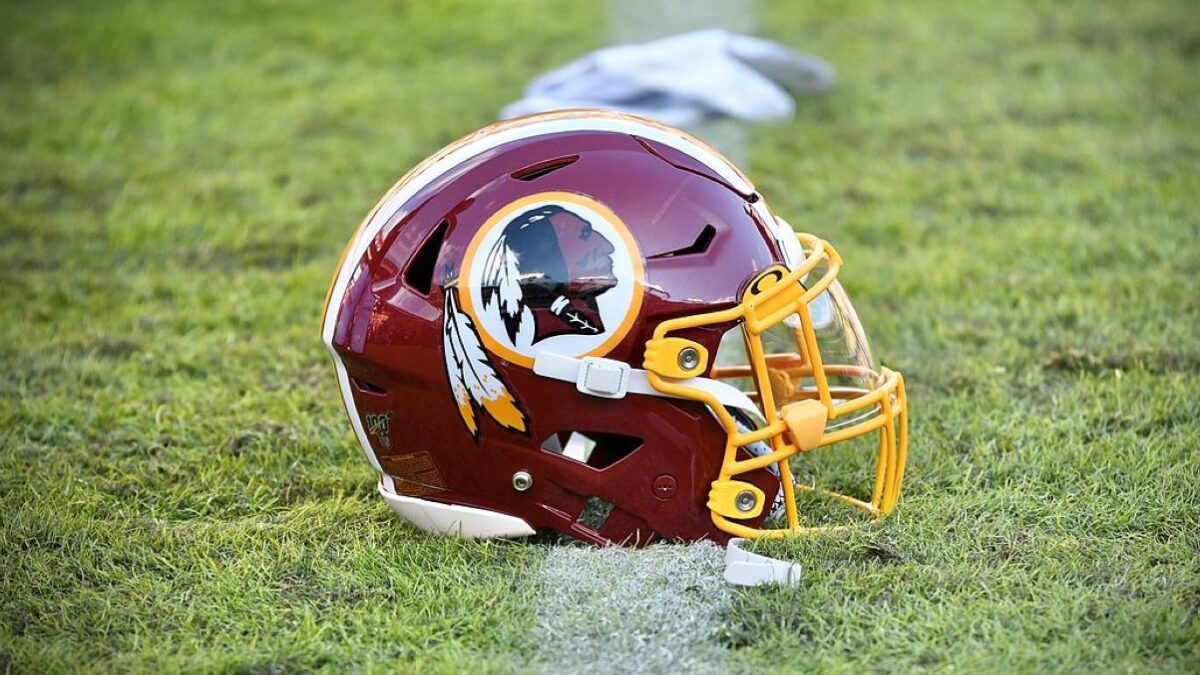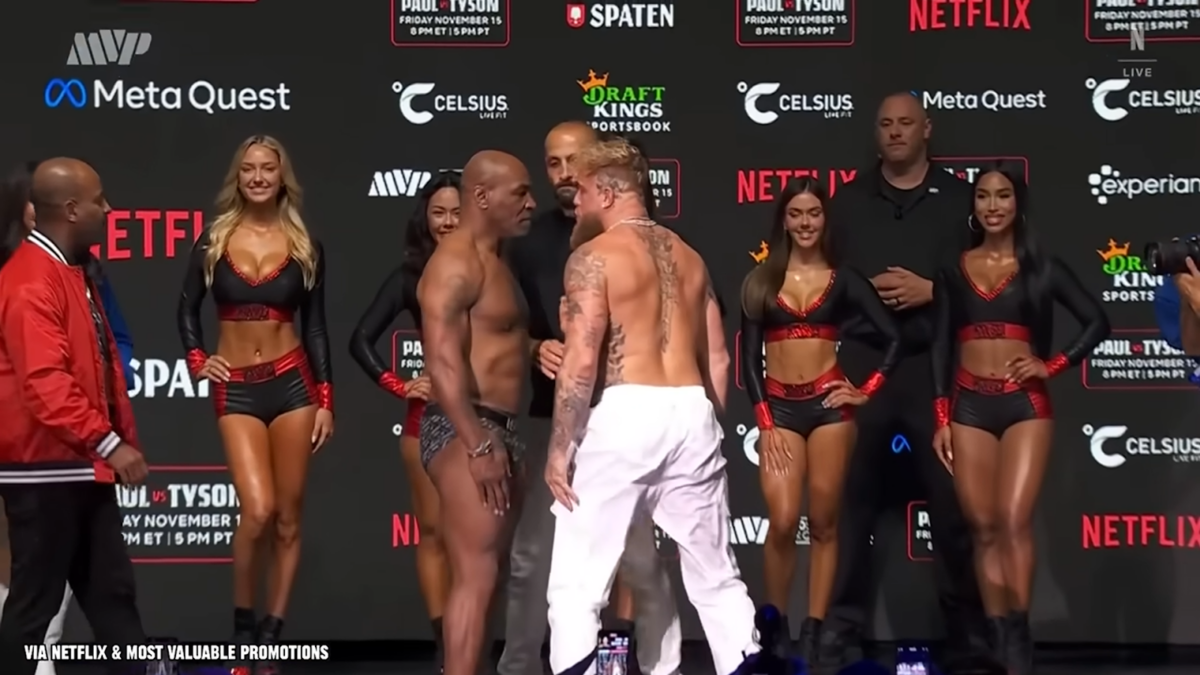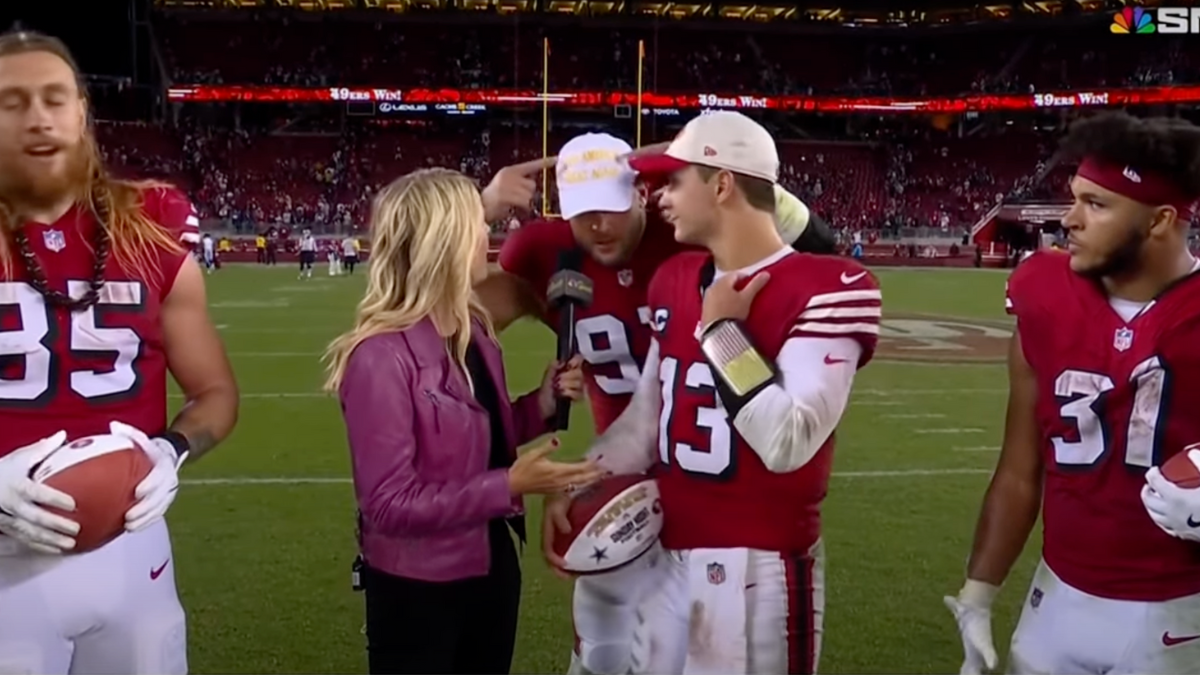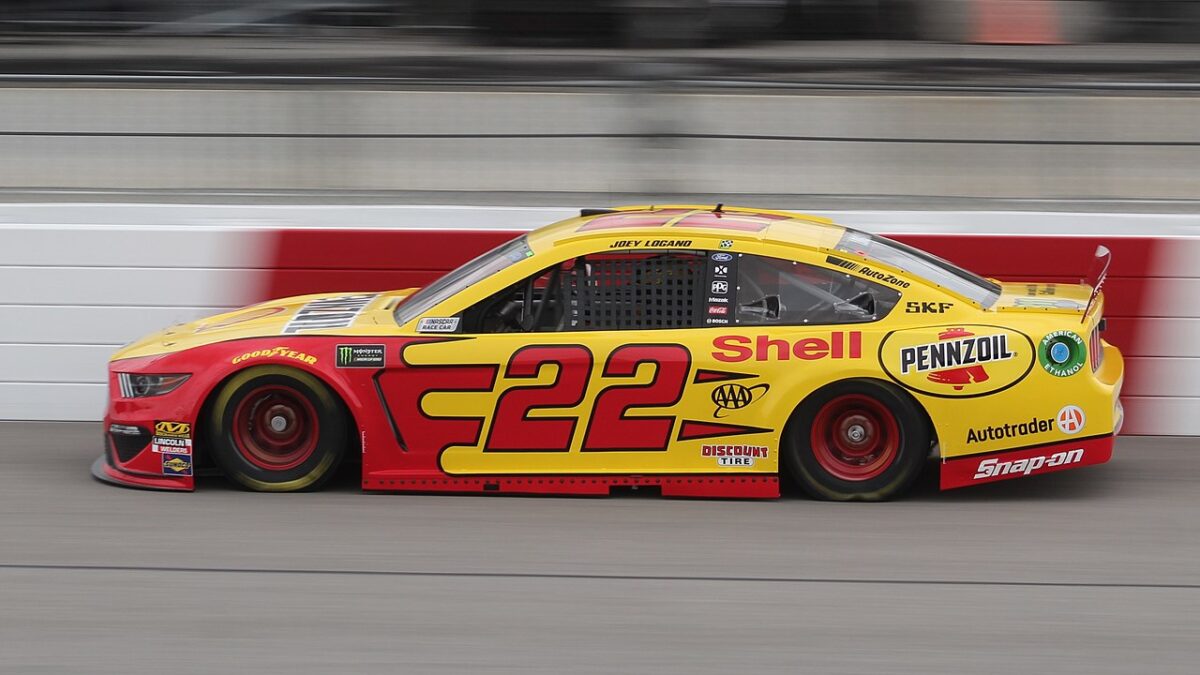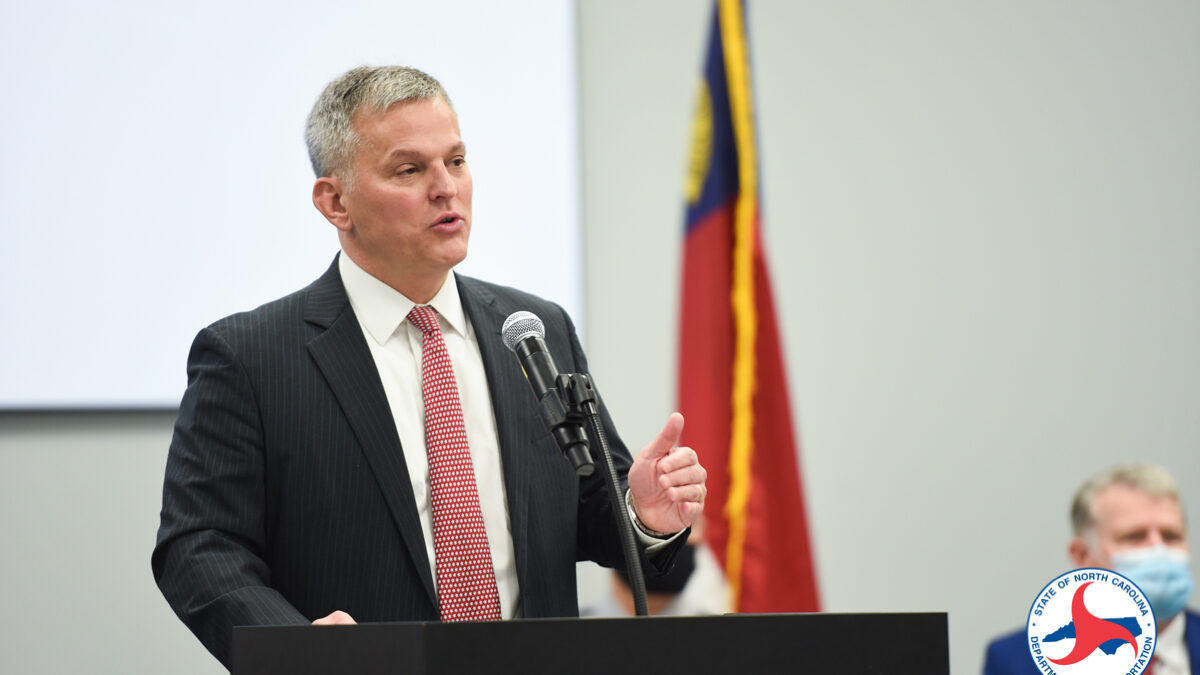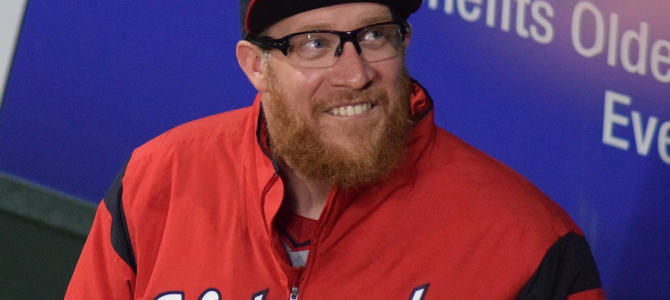
Nearly 1.4 million Americans have been infected, and more than 84,000 are dead from coronavirus. More than 33 million are newly out of work, and the government has spent at least another $3 trillion that lawmakers hope will stave off economic depression. Meanwhile, baseball players are arguing over money. Yep, you read that right.
The head of the Major League Baseball Players Association earlier this week outlined his objections to MLB’s plan to start the 2020 season, delayed indefinitely since March due to the pandemic. Of MLB’s proposal, agreed among owners, to split revenues 50/50 between players and owners, union head Tony Clark said, “A system that restricts player pay based on revenues is a salary cap, period.”
Clark and the MLB players should get off their high horse. In a sport full of millionaires, using collective bargaining to extract financial concessions at a time so many Americans continue to suffer, financially and otherwise, looks unseemly at best.
In a Twitch broadcast Wednesday evening, Tampa Bay Rays pitcher Blake Snell went even further. He said, “I should not be getting paid half of what I’m getting paid because the season’s cut in half”—even though the players had agreed to such a stipulation in late March. While he raised safety concerns related to the virus, he also indicated that he would overlook those fears to play this season—but only at the right price: “I got to get my money. I’m not playing unless I get mine, OK?”
Here’s Blake Snell discussing MLB’s revenue split proposal this afternoon on Twitch. pic.twitter.com/CCyCai42Aj
— John Flanigan (@JohnFlanigan_) May 13, 2020
Salary Cap Controversy
Baseball, unlike the other major sports leagues (National Basketball Association, National Football League, and National Hockey League), lacks a salary cap to limit total spending on player compensation. Clark obviously wants to keep it that way.
But MLB players could use some perspective. In 2019, the average player salary was approximately $4.5 million, and the minimum league salary was $555,000.
Those numbers will go down in 2020 because owners and players agreed in late March to prorate salaries based on the number of games played. MLB’s latest proposal would see play begin in early July for an 82-game season — just less than half the 162 games in a normal year.
Clark and the union don’t want to agree to any pay cut beyond the proration mechanism established in March, and they don’t want to establish a precedent by agreeing to a salary cap, or what the union considers a salary cap, in any form.
Unreasonable Position
Those arguments don’t make much sense on several levels. First, any sports that happen for the remainder of 2020 will look far different than they did in 2019. Many, if not most, competitions will not have fans in the stands, seasons will get compressed, and game locations and playoff formats could well change.
Former NBA star Shaquille O’Neal went so far as to say this week that any champion crowned in that league, which has already played most of its regular-season games, would have an asterisk by his name. Regardless of whether the changed formats and schedules delegitimize the on-the-field product, any 2020 season would feature such dramatically different “one-off” circumstances that changes such as revenue-sharing can and should get re-evaluated for future years.
Former player Mark Teixeira encouraged his colleagues to recognize the “unprecedented” nature of the pandemic and “just this one time … bend a little bit … to do what’s best for the sport, what’s best for the country.” He also noted he “would rather make pennies on the dollar and give hope to people and play baseball than not make anything and lose an entire year” of his career. It doesn’t take a math whiz to calculate player salaries for a season that never takes place. It amounts to a nice, round number.
Under the scenario envisioned by MLB, players would still make a minimum of $200,000-$300,000 for a season that would last no more than five months, including a June “spring training” period. Most players would make far more than that. At a time millions of Americans have lost their jobs and tens of thousands more have lost their lives due to the pandemic, do players really want to cancel the season over this?
A quarter-century ago, the strike that cost baseball the 1994 World Series generated a level of long-lasting outrage among fans that shocked the baseball community. The public hatred over the way greed interfered with a game that fans felt belonged to them seared a generation of players and owners into decades of labor peace. But most players active today cannot remember the events of 1994-95 and may stand on the precipice of blundering their way into a similarly unpopular labor strike.
Safety Versus Money
None of this means an MLB season will definitely happen. As with the return of any sports leagues, safety concerns — to the players and teams, and the public health generally — should predominate. Washington Nationals pitcher Sean Doolittle raised a number of concerns regarding testing and logistics on Twitter this week.
It seems entirely sensible to decide to play, or not play, a 2020 MLB season based on whether owners and players agree they can do so safely. But using a crisis to argue over money seems crass in the extreme. Players should consider that the more they argue with the owners during an emergency, the more they will alienate fans, leaving both sides fighting over a shrinking revenue pie.


